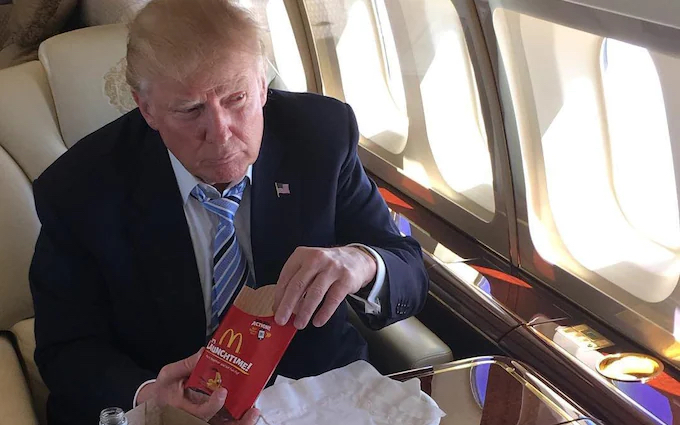This project is funded by FORMAS, a Swedish research council for sustainability. As such, it should be free from political bias and stay away from conventional party politics. This noted, it must also be observed that climate change research has been politicised and that different (party) political programs actively support or interfere with the effort to ensure that the temperature of the planet does not rise more than 1.5 degrees above the pre-industrial average. In particular, former – and now future – US president Donald Trump and his administration have resisted national and international efforts to prevent accelerating climate change. In 2017, he began the process of withdrawing the US from the Paris Agreement, he has unrolled a great number of climate policies, and, as Desikan et al. describe, attacks on climate science, including “buried research, censored scientists, halted data collection” – increased “to unprecedented levels” during the previous Trump administration. It is likely that the same thing will occur now.
The Trump government’s well-documented resistance to projects designed to limit global warming is important for this project even though it focuses on the imaginary of food and eating in climate fiction. To begin with, the over-reliance on fossil fuels is one major reason why the existing food system is unsustainable. The deregulation of fossil fuel energies thus seriously complicates the turn to sustainable foodways. Indeed, the existing food system is designed to take advantage of fossil energies. In this and many other ways, the current food system and the fossil energy sector are intimately and dangerously connected. For a future food system to be sustainable, it cannot be accelerated by fossil fuels. (This is just one of many problems with the existing food system, of course).
In addition to this, if the EAT-Lancet Commission is correct in its projection that the meat-heavy “Western diet” is an important driver of the biospheric crisis, what is needed are ways of thinking that make other types of eating possible. However, Trump has not only encouraged a deregulation of the energy systems that accelerate global warming, he has also encouraged the embrace of existing and ecologically harmful diets. In particular, Trump has often shown support for (junk) food cultures extremely rich in processed meat and fat. The most glaring example is a dinner he organized at the White House in 2019 where college football champions were treated to a buffet of hamburgers and pizza.
It can be added that there is climate fiction that promotes the same nostalgic connection between Americanness and Western diets. In Nicholas Sansbury Smith’s Hell Divers (2016), the soldier heroes of the novel long for a time when they could eat hamburgers. In this way, the consumption of hamburgers marks a now lost, pre-apocalyptic and supposedly affluent (and hetero-masculine) America.
The politics of the Trump administration is rehearsed also by populist parties in many other nations. In Sweden, the present government drastically lowered the cost of diesel and gasoline to fulfil a pre-election promise made by the nationalist Sweden Democrats party. However, to note that the pursuit of cheap oil and petrol is harming the work to slow global warming is not to give expression to political bias, is it to state an extremely well-researched, scientific fact that has, as described above, been severely politicised. Similarly, to note that certain diets and the food system that promotes them are unsustainable is also not political even if the decisions to change or maintain them need to be taken by politicians. This planet and its different peoples need a functioning and sustainable food system and drastically reduced emissions of CO2 in the same way that the human body needs air and water. This is not a political issue any more than breathing or drinking. Thus, critiquing politicians across the world who pretend this is politics is not to enter a political conversation. It is to draw people’s attention to very basic scientific facts. Thus, to critique the ecocidal politics of the past and future Trump administration (and of other political leaders) is not an anomaly within the project, is an integral part of it.

